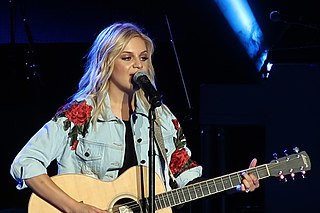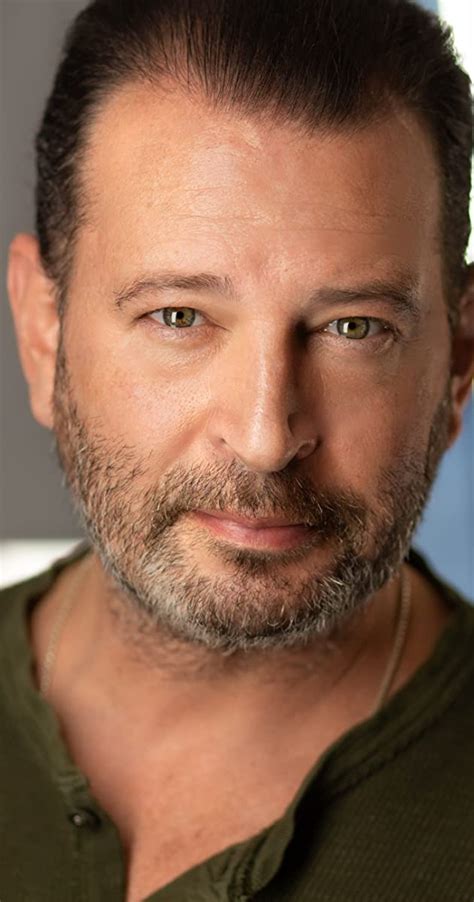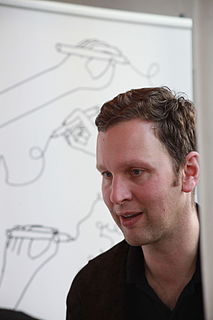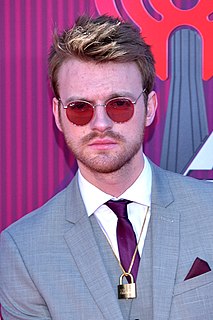A Quote by Ned Rorem
Arguably, no artist grows up: If he sheds the perceptions of childhood, he ceases being an artist.
Quote Topics
Related Quotes
I am an artist, and I understand the pros and cons of being an artist, and the pressures of being an artist, and how much being an artist can be torture to people around you; you know, you friends and your family and how material you can be, and how it's hard to take criticism and all the things like that.
An artist is above all a human being, profoundly human to the core. If the artist can't feel everything that humanity feels, if the artist isn't capable of loving until he forgets himself and sacrifices himself if necessary, if he won't put down his magic brush and head the fight against the oppressor, then he isn't a great artist.
Why was the painting made? What ideas of the artist can we sense? Can the personality and sensitivity of the artist be felt when studying the work? What is the artist telling us about his or her feelings about the subject? What response do I get from the message of the artist? Do I know the artist better because of the painting?








































